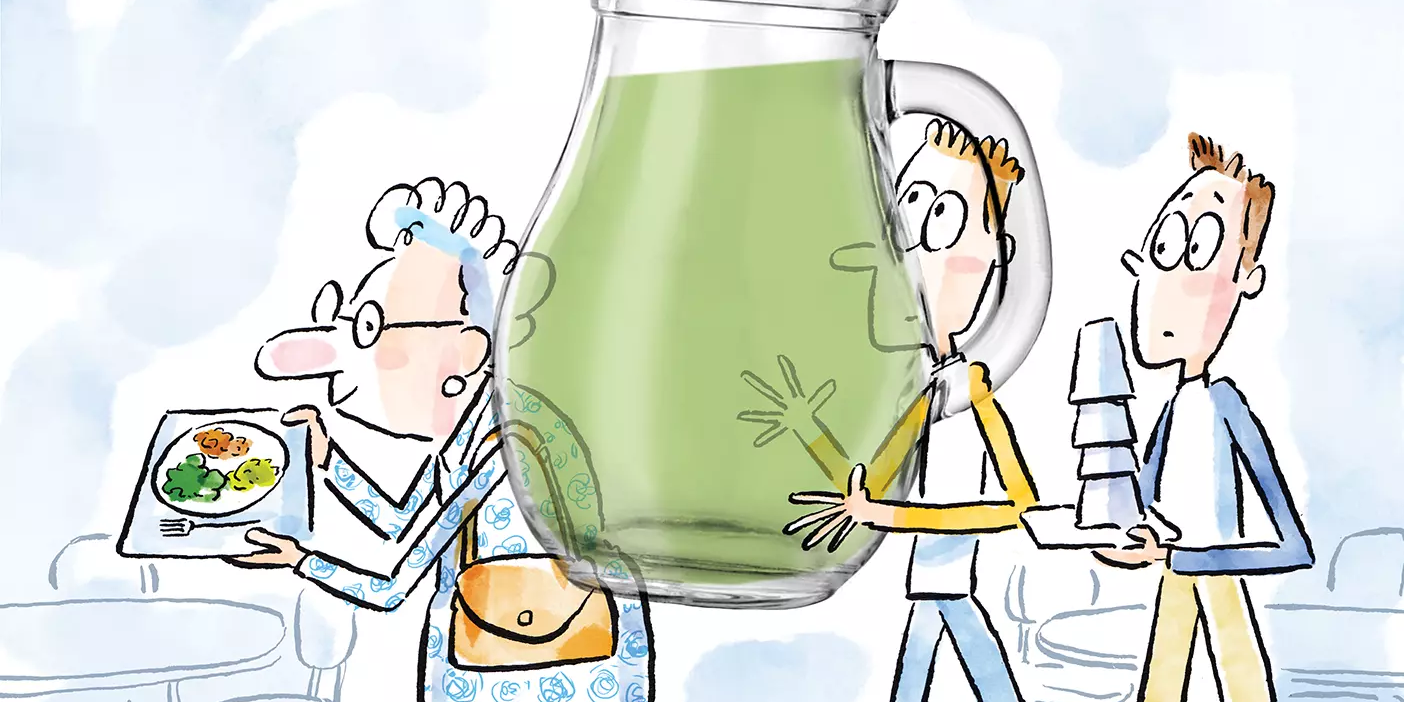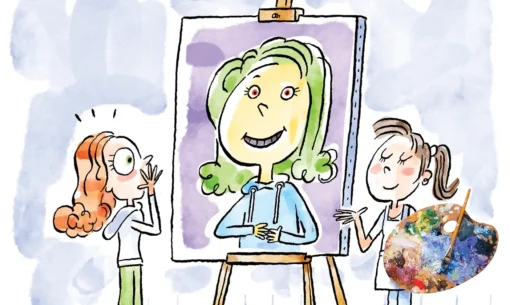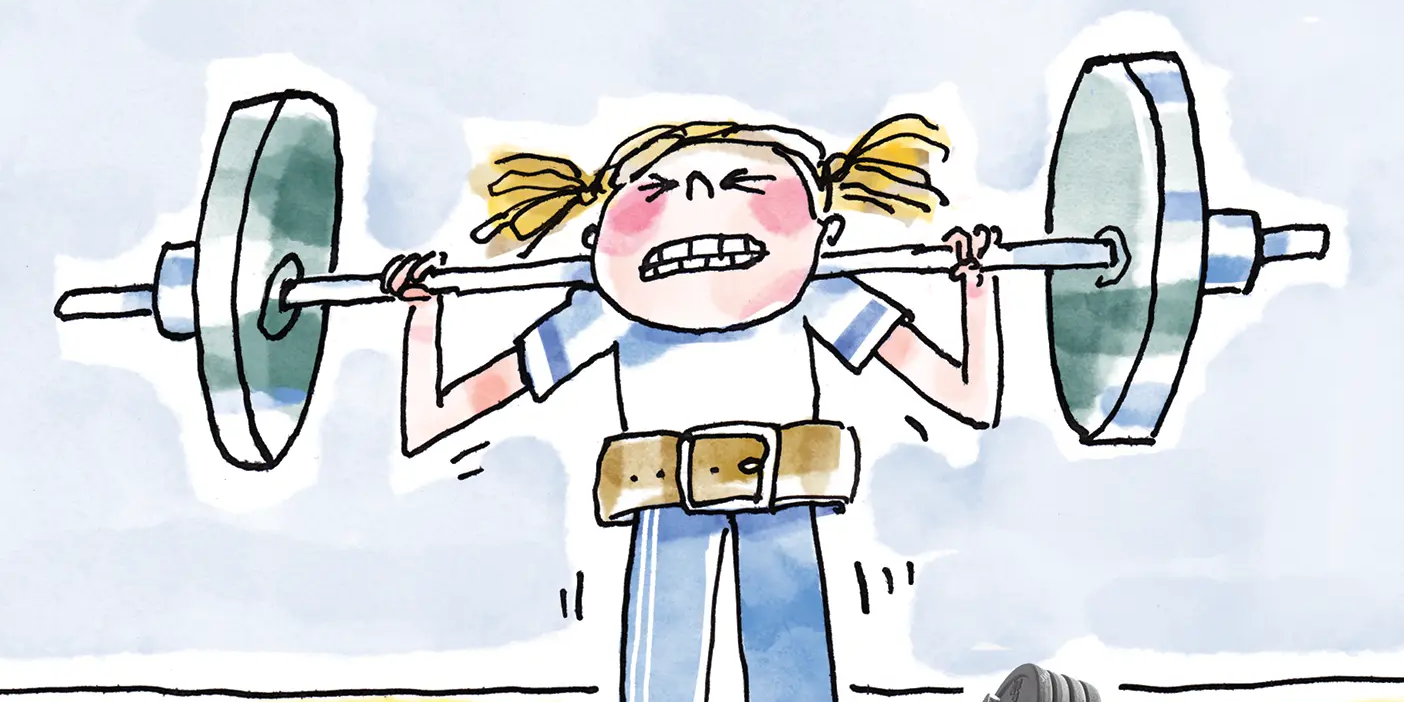The summer months provided time to earn money, have adventures, and store up memories.
Work for the Dead
By H. David Boucher (BS ’60), Sacramento
In the summer of 1958, I spent three months working in small-town cemeteries in northern Alberta, Canada, to save for the next year’s college expenses. My partner and I poured cement over the graves and poured and installed headstones. Some towns we worked in didn’t have hotels, so we often slept in the cemeteries in sleeping bags. We were thankful for large Ukrainian headstones that blocked the prairie winds.
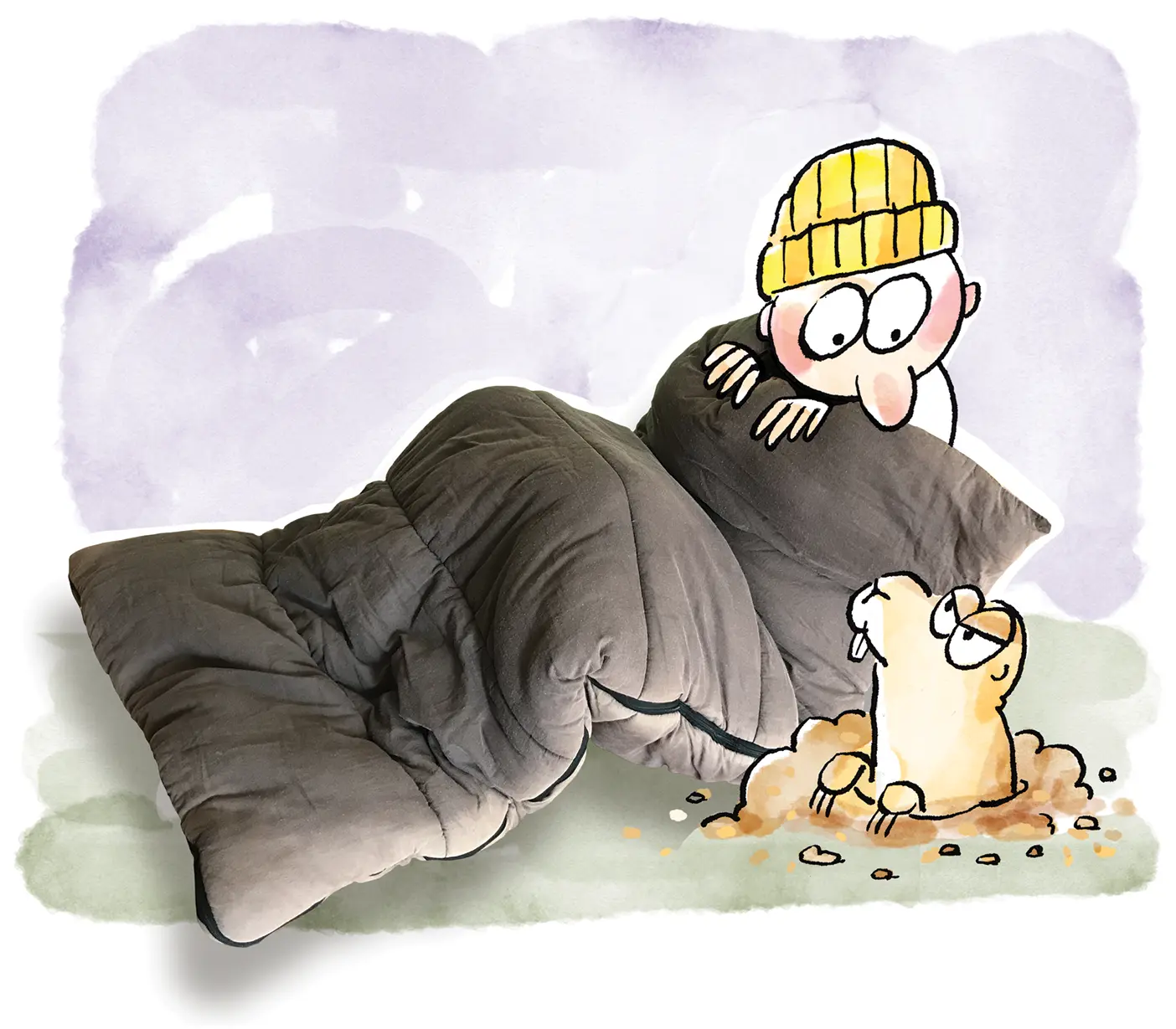
Our sleep was disturbed one night by police, demanding to know why we were there in the middle of the night. When we explained, they laughed at our accommodations. Another night, I was awakened by something rubbing my back. I jumped up to find a prairie dog trying to get out of his hole.
Many years later in a priesthood class, the teacher scolded me for not attending the temple more often. I responded that I had several church callings, a busy work schedule, and five young kids. Besides, I added, “I spent one whole summer doing work for the dead!”
Walks with Professor Nibley
By Helen Walker Jones (BA ’68), Salt Lake City
During the summer of 1968, eager to finish off graduation requirements, I moved into an apartment a few blocks from campus. One hot day on my walk to campus, I noticed a man ahead of me in a long trench coat and a smashed-in porkpie hat. I soon realized it was the renowned scholar Hugh Nibley. I caught up to him and introduced myself as a longtime fan of his writings. I suppose I expected a deeply intellectual conversation, but he just asked me about myself— what I was studying, my year in school, whether I had a job lined up after graduation.
From then on, I encountered Professor Nibley nearly every day on my way to campus. We talked about our families, what we were reading, the weather, life in Provo, and so on. He seemed genuinely thrilled that I had lined up a job in Montana as a high school English teacher. He told me it sounded like an adventure to travel hundreds of miles to a new place. It turned out Professor Nibley was right—my year working in Montana and serving in a Church branch with just 28 active members would be an amazing experience.
Many times I wished I could tell Professor Nibley about my adventure, but I never saw him again. Although it has been nearly 55 years, I have never forgotten how flattered I felt to trade observations with one of the most brilliant minds who ever lived.
A Campus Tour
By LeAnna Maughan Steineckert (BS ’76), Cedar Hills, UT
I was attending the summer session of school at BYU and working evenings and weekends as a waitress. I loved summer school because I rode my bike everywhere I went, and I studied outside under trees.
One warm summer day, my dad came down from Idaho to visit me and we biked around campus. I rode my new yellow 10-speed, and we borrowed my roommate’s bike for him. My dad was in his 60s but was a full-time farmer and very physically fit.
We rode all over. I showed him my favorite shady spots for studying, the shortcuts and bike trails, the courtyards. What sticks out in my mind is peddling those bikes up the circular ramp to the Marriott Center. As we stopped over the street to catch our breath, the bells in the tower rang out the time. The sun felt warm on our backs in the pleasant evening air. I felt delighted to share this experience with him. My dad cared about my world, and now he knew more about it.
The Hitchhiker
By Scott M. Lee (BA ’78, MEd ’83), Santa Clara, Utah
My first summer at BYU I decided to return home to Arizona to visit family. But with no vehicle how was I going to get there? I decided to try hitchhiking, beginning from an overpass in south Provo. I found a large piece of cardboard and wrote PHOENIX in black letters. I stood there holding my sign as cars passed. I was about to give up when an El Camino pulled over in front of me. I ran over and opened the door and sat next to a young lady as the driver got out to check some things in the back. I asked, “Where are you guys headed?”
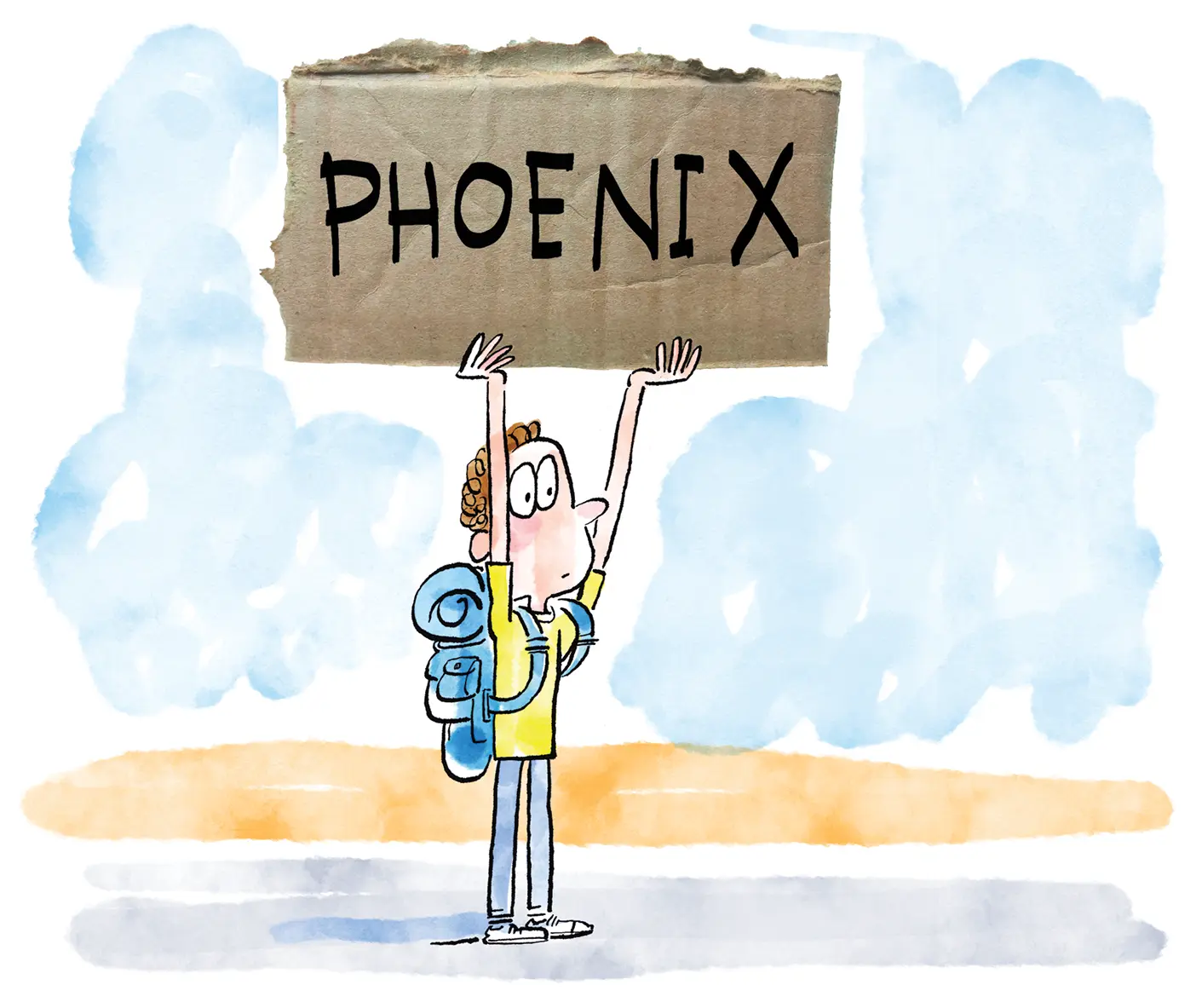
“We’re going to Phoenix,” she responded.
“Fantastic!” I replied, “That’s where I’m going.” The driver got back into the car, there was a brief pause, and off we went. Hour after hour passed as we quietly drove south. At one point I commented to the driver, “I’m so glad you pulled over this morning. I thought I would never get a ride.”
He looked over at me and said, “The truth is, I never saw you. I just pulled over to check the load we were carrying.” And then he smiled and said, “But we’re glad to give you a ride.”
Mountain to Climb
By Paul Guajardo (BA ’86), Houston
My crampon-clad boots crunched the glacial snow, and I drew three deep breaths before taking another step. Roped together, my four BYU friends and I planted our ice axes for balance.
Step, breath, step, gasp, step, pant: painfully, slowly we trudged toward a cobalt sky. At nearly 18,000′ elevation, the volcano crater was finally in sight.
As president of BYU’s Alpine Club in the mid-’80s, I proposed we head south at the end of winter semester for a little culture and a climbing adventure. Five of us drove to Nogales, Mexico, left our car at the border, then hopped a train to Mexico City to tackle Popocatépetl.
Our basecamp lodge on a flank of Popo was majestic, reminiscent of a ski lodge. Each morning, we hiked with daypacks to strengthen our lungs and legs. But on the pre-dawn departure of our climb, we resembled pack-mules with our laden backs.
Sheer determination got us to the top. At the summit we hugged, snapped photos, and then glissaded to the volcanic ash below the snowline. We were sunburnt and exhausted, but we had accomplished something difficult, beautiful, and unforgettable.
Share your Story: BYU Buddies
Surrounded by a host of unfamiliar faces, new BYU students often feel lonely at first. But in wards and classes, in the dorms and on the quad, they quickly begin forging a network of college acquaintances and fast friends. We want to hear your college friendship stories—the relationships that enriched your BYU years, unlikely alliances, and friendships that long outlived your college career. Deadline: Oct. 11.
Y Magazine pays $50 for stories published in First Person. Send anecdotes of up to 300 words to firstperson@byu.edu. Submissions may be edited for length, grammar, appropriateness, and clarity.










